
With the implementation of the new gasoline scheme, the use of station holders' cards has decreased by 17% and the use of personal cards has increased. Also, about 9 million liters of consumption decreased daily and the amount of consumption decreased from 129 million liters to 120 million liters.
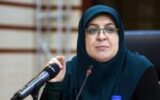
A government spokesman announced that the supply of super gasoline will begin tomorrow.
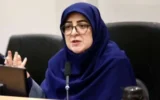
The government has been forced to import $6 billion worth of gasoline to meet domestic needs; despite the high cost and widespread smuggling, current quotas remain unchanged.
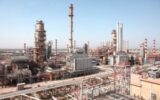
With the aim of reducing air pollution, improving the quality of fuel consumed, and improving the lives of millions of Khuzestan citizens, the Abadan Refinery has set a 66% increase in the production of Euro 4 standard gasoline on its agenda.

Hossein Mirafazli, an energy expert, says: If only 10 percent of intracity trips are shared, about two million liters of gasoline will be saved daily, which is equivalent to more than $700 million in annual savings for the Iranian economy.
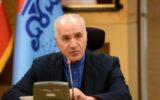
The planning director of the National Petrochemical Company, emphasizing the focus on the downstream and reaching a capacity of 131 million tons by the end of the Seventh Plan, said that producing gasoline from methanol is not economically viable.

For years, mini-refineries have denied any gasoline exports and have denied accusations of fuel smuggling; but now the CEO of Shazand Petrochemical Company is openly saying that some of these units export gasoline to Afghanistan, and their exit routes are through the Dogharoon and Milak borders.

Following a significant increase in gasoline production capacity in less than a year, the 14th government has succeeded in bringing about one of the largest infrastructure developments in Iran's fuel industry. This growth has been achieved by reforming processes, improving refinery productivity, and implementing emergency projects.
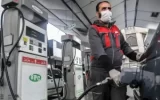
The CEO of the National Iranian Petroleum Refining and Distribution Company announced the smart measures and round-the-clock efforts of 160,000 operational forces in the fuel supply and distribution chain to maintain the stability of the country's fuel supply network during the imposed war with the Zionist regime, and emphasized: Despite a 50 percent increase in demand and cyber threats and military attacks, fuel supply continued without interruption.
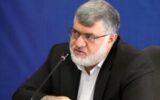
The governor of Tehran announced that the 100-year record for gasoline consumption in Tehran has been broken.










